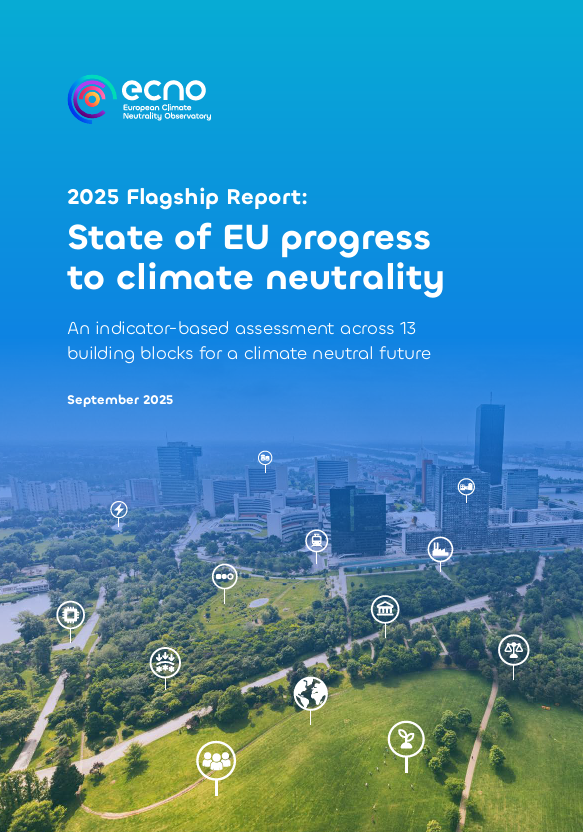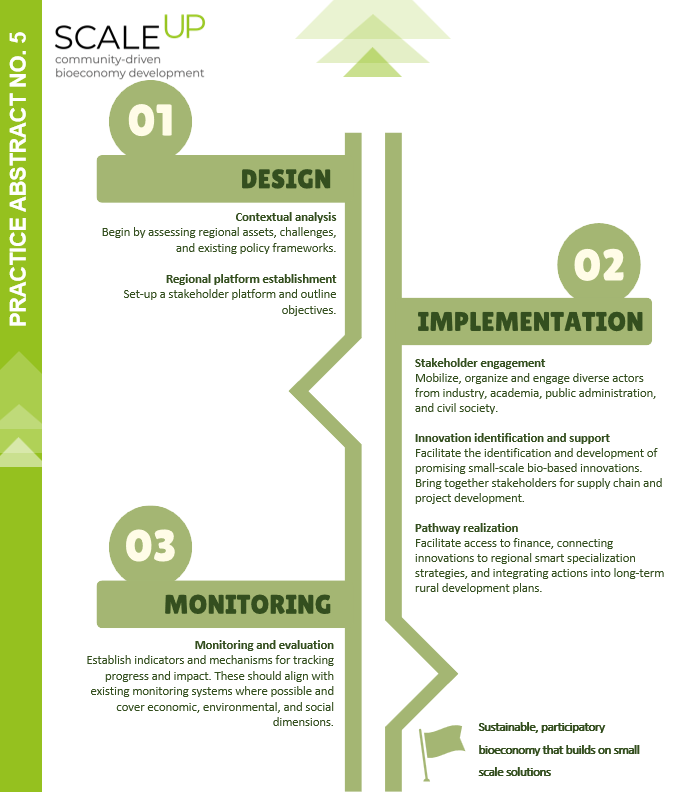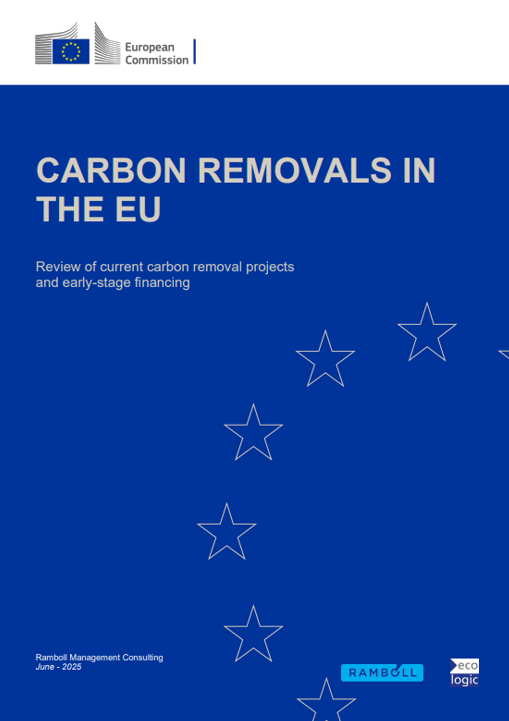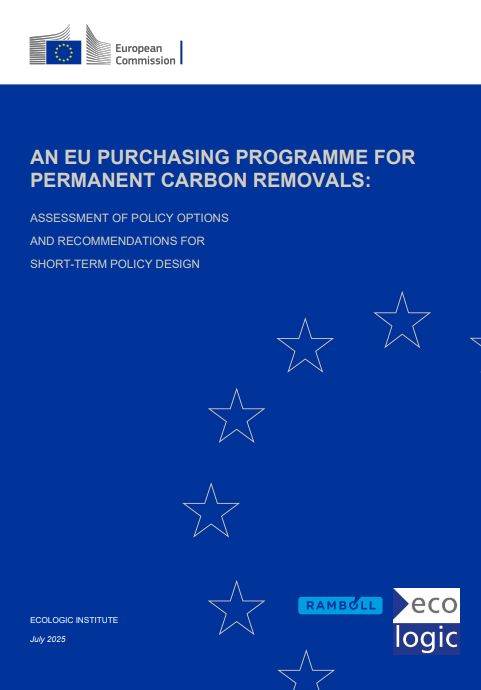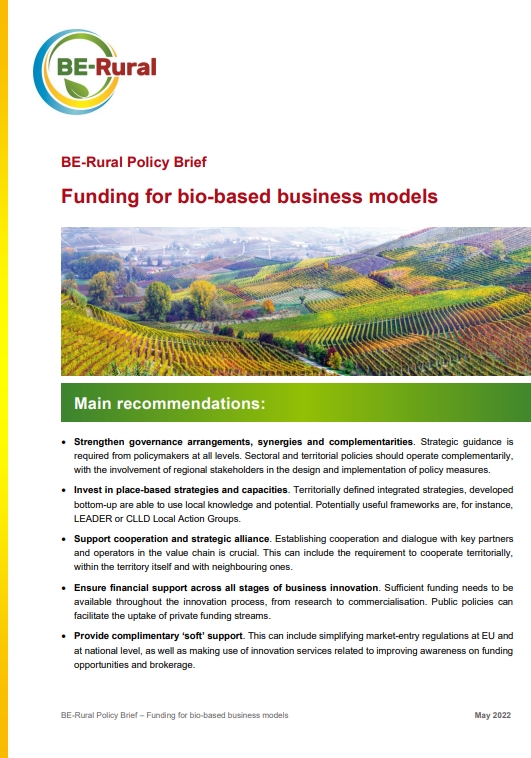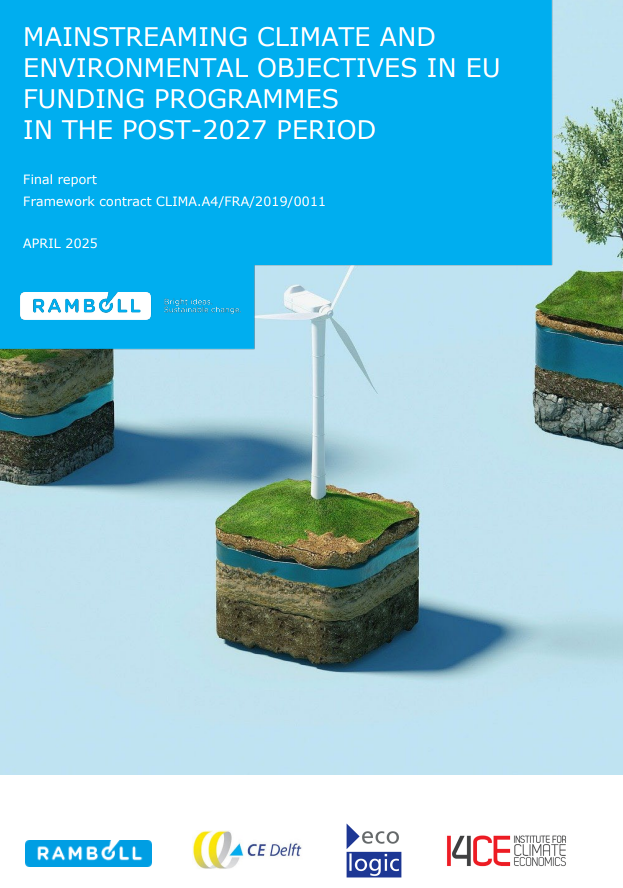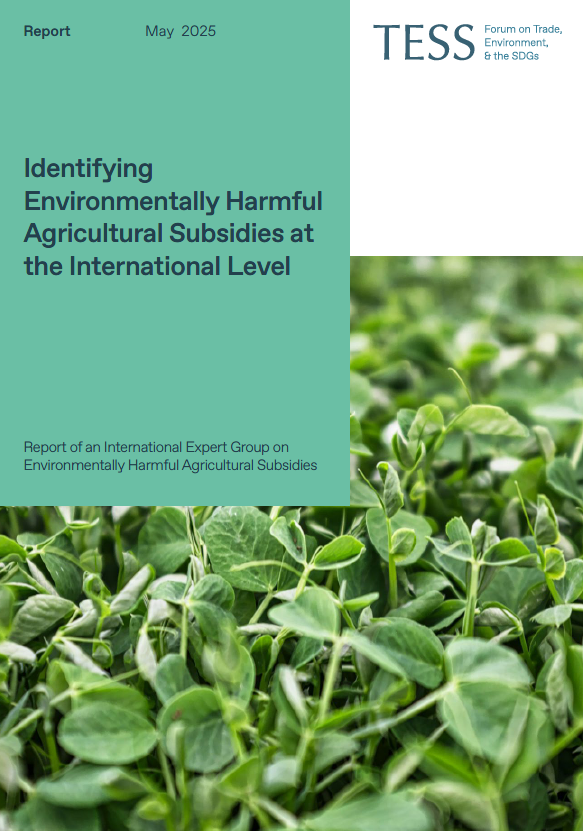Publication:Report
Publication:Report
Event:Workshop
Designing Climate Resilient Landscapes in Europe
Regional Expert Workshop
-
Berlin,
Germany
Publication:Report
Publication:Policy Brief
Publication:Report
Carbon Removals in the EU
Review of current carbon removal projects and early-stage financing
Year
Read morePublication:Report
An EU Purchasing Programme for Permanent Carbon Removals
Assessment of policy options and recommendations for short-term policy design
Year
Read morePublication:Policy Brief
Publication:Report
Project
Synergies for Nature Restoration in the Alpine Region
Organisation, implementation and follow-up of an international online workshop
-
Read morePublication:Brochure
Good Practice Examples of Nature-based Solutions Across Sectors
Mainstreaming climate and environmental objectives in EU funding programmes in the post-2027 period
Year
Read morePublication:Report
Presentation:Panel discussion
Repurposing Urban Vacant Land (UVL) into Nature-based Solutions (NbS) in Latin American Cities
Carlos Calzadilla Guerra
Presentation:Lecture
Publication:Report
